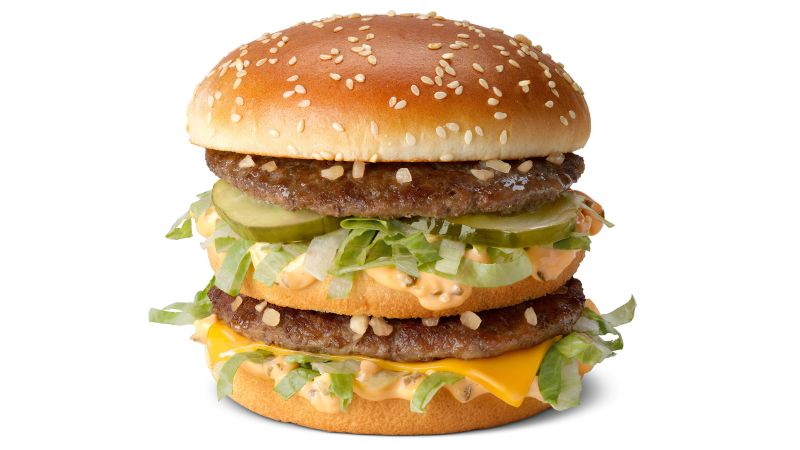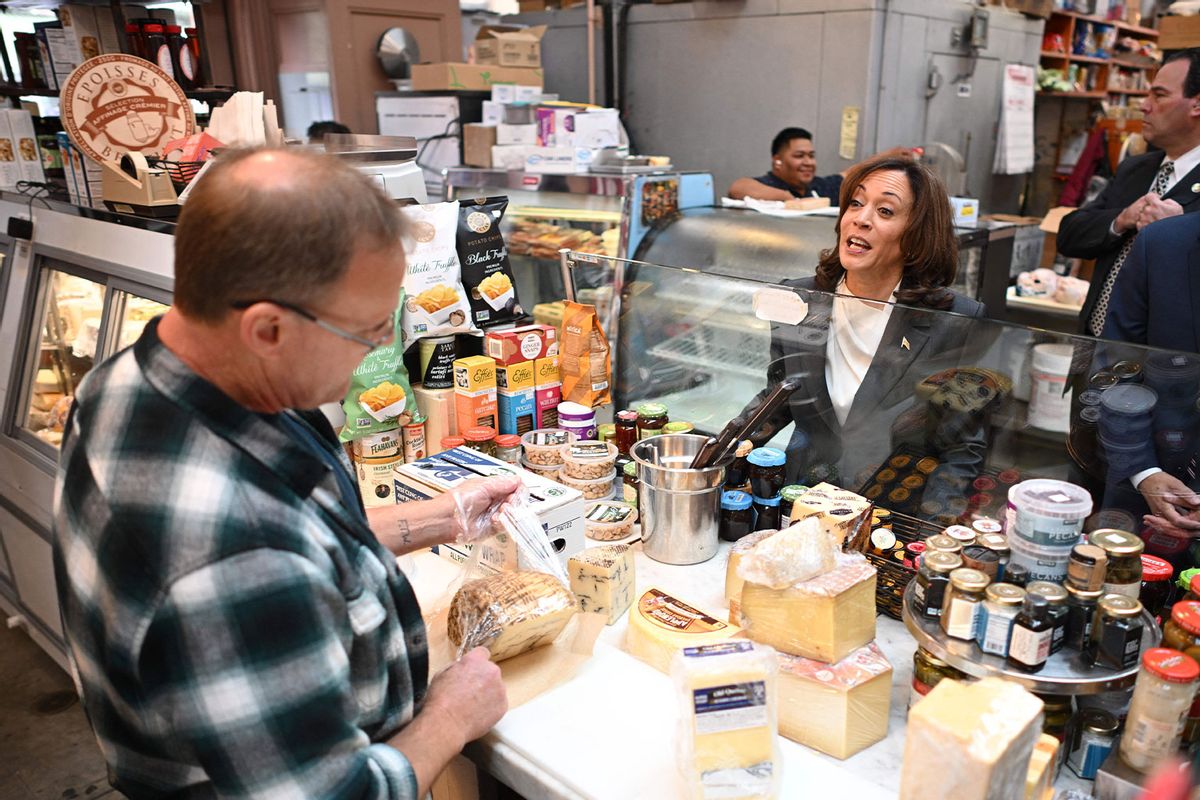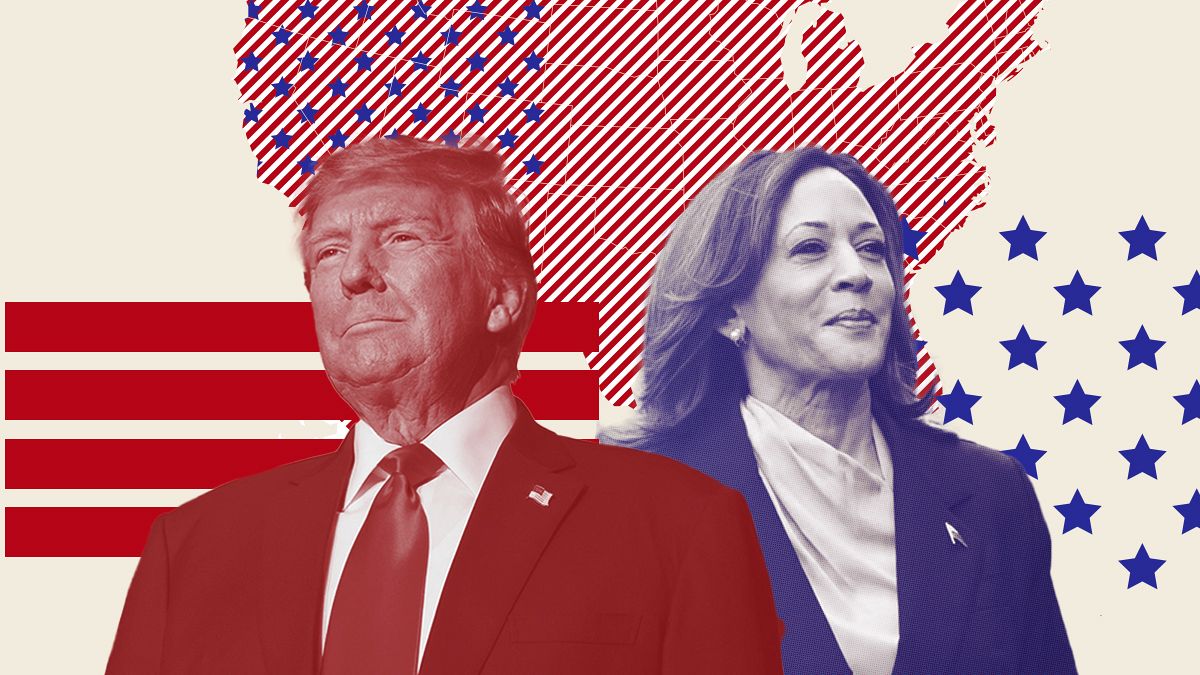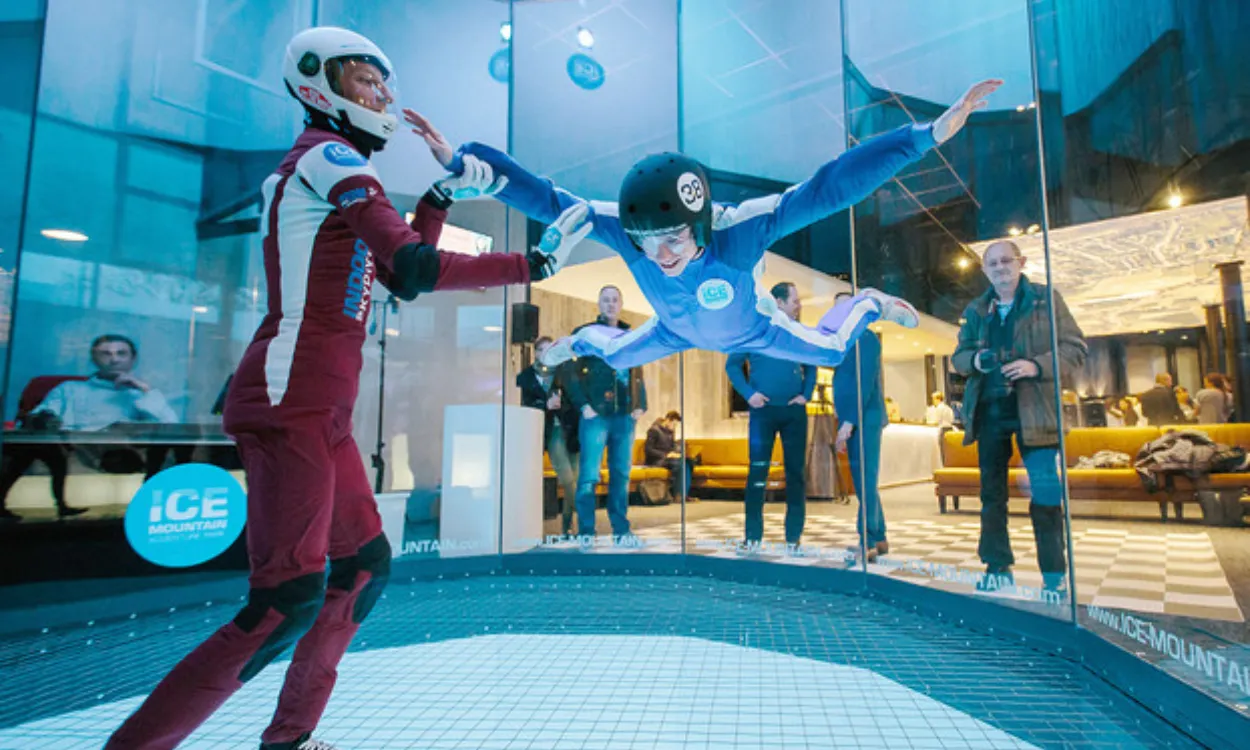In a debate with Presidents Michel and von der Leyen, MEPs reviewed the outcomes of the 9 February EU summit and outlined their expectations for the 23-24 March European Council.
President of the European Council Charles Michel acknowledged Ukraine’s urgent need for more weapons and ammunition and confirmed that EU leaders will work on a proposal by High Representative Borrell to offer Kyiv assistance. He said that the EU supports President Zelenskyy’s peace formula, but admitted that the Kremlin has given no indication it is interested in de-escalation.
President Michel cited the many short-term measures taken by the EU to cope with the crises of recent years, but stressed that these should not undermine the Union’s long-term economic strategy for a green and digital transition. In his view, the EU should focus on making investment available to companies, encouraging innovation and supporting fair trade. Referring to relations with global actors, he said “there is no equidistance between the US and China”. However, “China is a reality, a key actor” with whom the EU must engage at global level, he insisted.
On migration policy, Michel called for “rationality”. The EU should “do more and better” in cooperation with third countries to fight human trafficking and there should be legal and safe migration channels to Europe, because “we cannot let criminals decide who comes to the EU,” he said.
Commission President Ursula von der Leyen reported back from her meeting with US President Joe Biden, saying there is “a striking symmetry between the US Inflation Reduction Act (IRA) and the European Green Deal,” since both aim to fight climate change and boost investment and growth. “We are moving in the same direction,” she said, adding that solutions for some areas of concern regarding the IRA have been found and discussions have been launched for example on raw materials and incentives for the clean tech industry.
“The race to see who is going to be dominant in net-zero technologies is on,” President von der Leyen said, stressing that Europe must nurture its industry. She announced that on Thursday the Commission will present its proposals for a net-zero industry act and a critical raw materials act, both crucial for Europe’s competitiveness and independence. President von der Leyen also highlighted the need to achieve the goal of spending 3% of GDP on research & development, to reduce bureaucracy, and make sure that EU laws do not overburden businesses.
MEPs highlighted the urgent need for the EU to improve its competitiveness and urged measures to ensure fair conditions for EU manufacturers, in light of the current protectionist measures by the US. They stressed the need for more investment, welcomed moves towards an EU raw materials strategy, demanded more ambition in cutting red tape, asked to boost European capital markets, and a renewed vigour in the EU’s trade diplomacy, to achieve new free trade deals with the US and other democracies.
Many speakers focused on the importance of boosting innovation – in the area of clean tech and beyond-, for the EU to become a “high value” rather than “low costs” champion. Some stressed that the EU’s Green deal should also be the bloc’s competitiveness strategy, noting that social fairness and fair pay for workers were fundamental to it.
A number of MEPs criticised the Commission for giving in to lobbying by big energy companies at the expense of consumer prices, while others warned against shifting EU energy dependence from Russia to China
Finally, MEPs called on the Council to address the common European problem of migration, by ensuring that all member states take their fair share of migrants and asylum-seekers and by fighting the illegal activity at the EU borders leading to human tragedies.
You can watch the full debate here.



















Discussion about this post